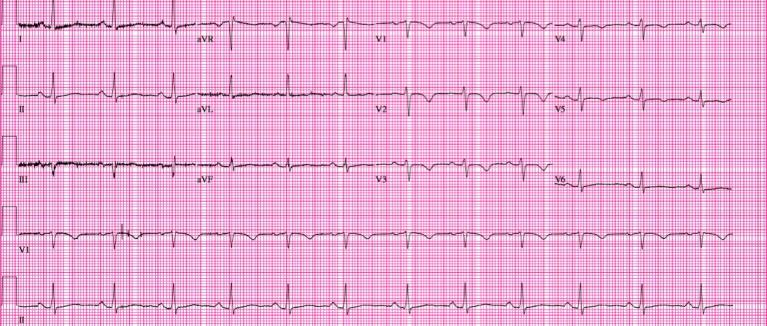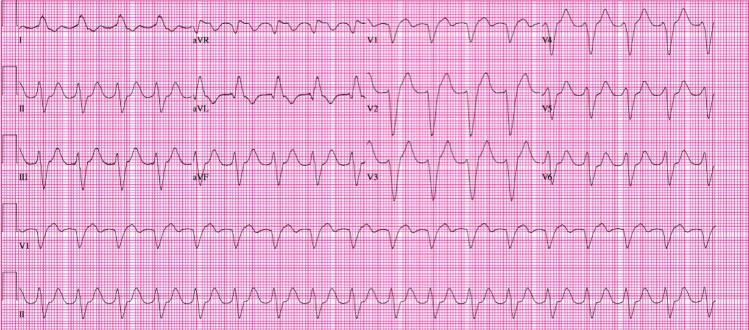By Zach Adams, OSUEM Resident // Edited by Michael Barrie, OSUEM Assistant Professor
A 34 year-old female with a prior history of arrhythmia presents to the ED with palpitations. The patient reports the symptoms began suddenly this AM at about 8AM. The monitor shows atrial fibrillation at a rate of 157. You do not have a prior ECG for review. After discussing options with the patient, the decision is made to attempt cardioversion. What are the risks, and do we need to anticoagulate afterwards?

